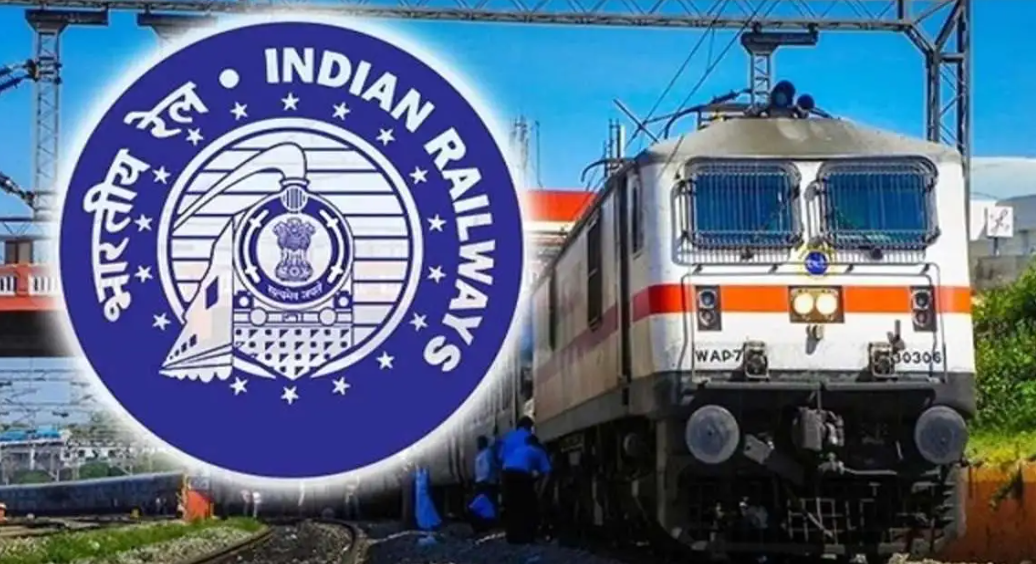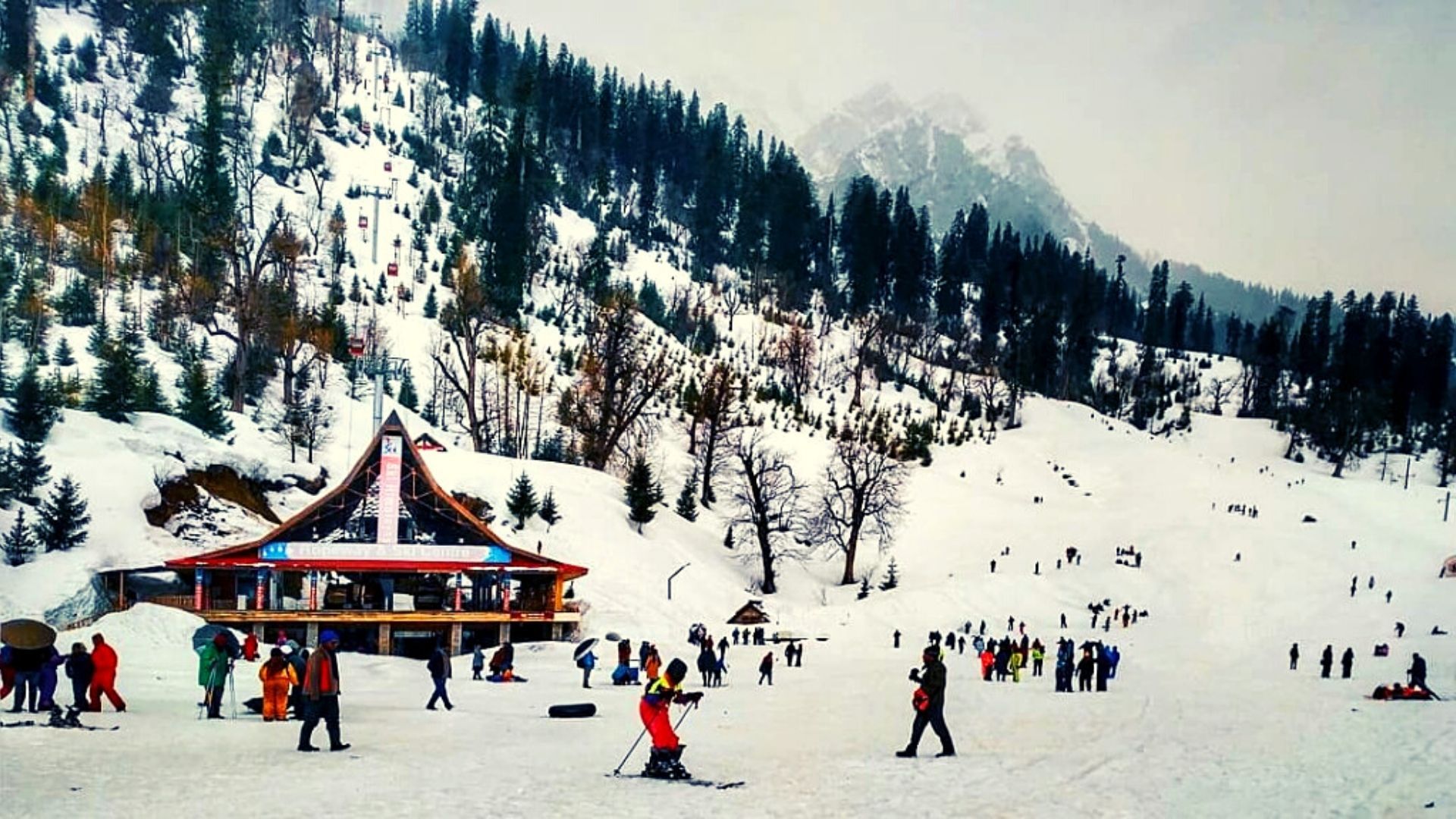Indian Railways (IR) is committed to providing high-quality and hygienic food to passengers. To achieve this, several measures have been introduced:
- Meals are supplied from designated base kitchens that meet hygiene and safety standards.
- Modern base kitchens have been set up at key locations to improve food preparation.
- CCTV cameras are now installed in these kitchens for better monitoring.
- Branded and quality raw materials (such as cooking oil, rice, pulses, dairy products, etc.) are carefully selected for food production.
- Food Safety Supervisors are deployed to monitor hygiene practices at base kitchens.
- On-board IRCTC supervisors ensure quality and safety on trains.
- QR codes on food packets display essential details like the kitchen’s name and packaging date.
- Regular deep cleaning and pest control (every 15 days) are carried out in kitchens and pantry cars.
- FSSAI certification is mandatory for each catering unit, ensuring food safety standards.
- Regular food sampling ensures quality control during inspections.
- A third-party audit examines hygiene and food quality in pantry cars and base kitchens.
- Customer satisfaction surveys are conducted to gather feedback.
- Both regular and surprise inspections by Railway and IRCTC officials help maintain standards.
- A rationalized menu introduces regional cuisines, seasonal delicacies, and specialized food items for various passenger needs, including diabetic, baby, and health food options.
To enhance service, IRCTC provides regular training for catering staff, focusing on customer service skills, behavior, hygiene, and personal grooming.
Food items on trains are sold at pre-notified tariffs, and passenger awareness campaigns keep travelers informed about menu prices via SMS, emails, and visible displays. This information was shared by the Union Minister of Railways, Shri Ashwini Vaishnaw, in a written reply in Lok Sabha.




